New polling highlights the need for further green-washing prevention action in the US
In mid April of 2023, Collective Fashion Justice commissioned polling from an independent surveying company. Our goal was to broaden our understanding of how terms commonly used to promote the ‘green credentials’ of fashion products can result in green-washing and the misleading of consumers in the United States.
The full polling results can be found here.
Here’s just some of what we learned:
The term ‘sustainable’ is vague and risks serious green-washing of people trying to do good.
34% of surveyed US consumers believe that a product or material labeled as ‘sustainable’ was ‘made without any harm to the environment’. Perhaps even more concerningly, another 33% of people believed that such a labeled product actually ‘helps protect the environment’.
Despite ‘natural’ simply meaning derived from nature, not made or caused by humankind, most consumers believe products and materials labeled as ‘natural’ are always good for the environment, or causing no harm to it.
51% of surveyed people believed that if a product is labeled as ‘natural’ it is ‘made from nature without harm to nature’. Another 20% believe this label means the product is ‘good for nature’, while only 19% understood the label meant ‘made from nature but it may cause harm to nature’, with the rest of the surveyed population unsure. This data highlights the importance of our recommended inclusion and definition of ‘natural’.
The term ‘cruelty-free’ in the fashion rather than the cosmetics industry is not well understood, risking major ethics-washing.
Here, if a garment is labeled as ‘cruelty-free’, 39% of people believed this meant ‘no animal testing was involved in the making of the garment’ (despite testing for materials in fashion not being a standard practice), 37% believing this meant ‘no animals were hurt or killed to make this garment’, and another 15% believing this label meant neither ‘animals or people were hurt or killed to make the garment’. The significance of these assumptions demands brands understand how to use this term correctly, to allow people to make purchases aligned with their values.
People don’t understand the difference between a carbon offset product, and a product made without releasing emissions. This is a problem for the climate.
Currently, when US surveyed citizens were asked what they think it means if a product is ‘carbon offset’, more than a third believed this meant that ‘making the product results in no carbon emissions’. This serious misunderstanding of carbon offsetting risks significant green-washing if use of the term is not addressed. In reality, carbon offsets do not change the amount of emissions involved in the production of a product, they simply– as the name suggests – offset them.
While the term ‘biodegradable’ is not synonymous with compostable, most people don’t understand this.
When asked what it means if a product is labeled as ‘biodegradable’, 61% of surveyed Americans believed that ‘if that product is buried in soil it will quickly break down without harming the planet’, despite this often being untrue. Just 2% of people thought this label meant the product could ‘only biodegrade in a commercial system, not just soil’, as is often the case.
While many recycling programs are localised, people don’t understand the limitations of this.
Nearly 57% of recently surveyed US citizens believe that if a product is labeled as ‘recyclable’, ‘it can be recycled no matter where I live and dispose of it’.
Speaking of recycling, people also didn’t realise that products labelled as ‘recycled’ aren’t always made totally from recycled materials. Over 62% of surveyed Americans believed a product labeled ‘recycled’ was made ‘only’ from recycled materials.
